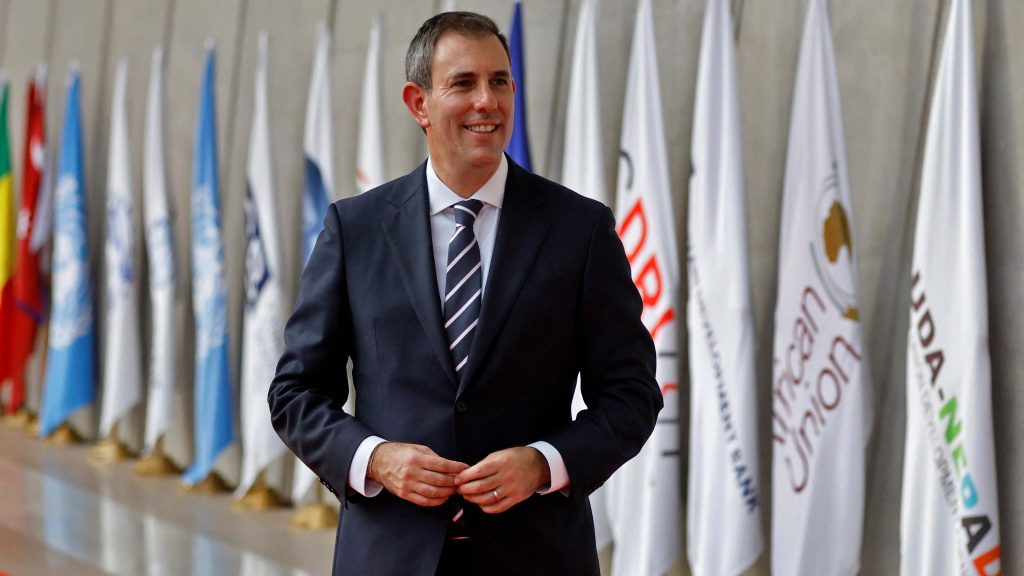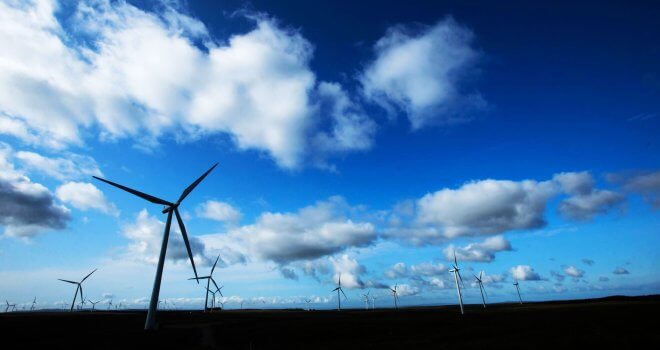Australia To Create $1.3 Billion Fund To Invest In Southeast Asian Projects

Australia said on Tuesday it would set up a A$2 billion ($1.3 billion) finance facility to boost trade and investment in Southeast Asia as it looks to deepen ties in a region where many are also searching for ways to live with a more assertive China.
The fund will focus on clean energy and infrastructure and provide loans, guarantees, equity and insurance. Australia will also tip in an extra A$140 million to extend an existing programme which advises the region on infrastructure projects.
Prime Minister Anthony Albanese announced the fund, which was recommended last year by Australia’s envoy to the region, in a speech on Tuesday to business leaders at the Association of Southeast Asian Countries (ASEAN) summit in Melbourne.
“Australia and Southeast Asia must together face this moment with a sense of optimism and urgency,” he said. “Because while there is so much untapped potential, there is not unlimited time. We must act together, and we must act now.”
Two-way trade between Australia and ASEAN states passed $178 billion in 2022, greater than Japan or the United States, Albanese said.
Australia is hosting the ASEAN summit, which marks the 50th anniversary of its ties to the bloc, amid growing recognition in Canberra that the region needs to be cultivated at a time when China’s increasing assertiveness is reshaping the Indo-Pacific.
Stances on China across the 10-member bloc range from wary to warm. Philippine Prime Minister Ferdinand Marco Jr. told an audience in Melbourne on Monday that his country would grow its security ties with the US and resist when China ignores its maritime rights in the South China Sea.
However, at a joint press conference with Albanese hours earlier, Malaysian Prime Minister Anwar Ibrahim criticised growing “China-phobia” in the west.
Asked by reporters about China’s push to join regional trade group the Comprehensive and Progressive Agreement for Trans-Pacific Partnership (CPTPP), Albanese and Singaporean Prime Minister Lee Hsien Loong said any decision would be by consensus.
Beijing has long sought to join the 12- member CPTPP, which includes Singapore, the U.K. and Japan, but faces opposition from some members including Australia over its coercive trade policies.
Singapore and Australia also announced principles for future cross-border electricity trade, in a potential nod to the Sun Cable project, which proposes to send solar power from Northern Australia to Singapore via a 4,200 km (2,610 miles) long undersea cable.
(Reporting by Renju Jose in Sydney; Editing by Stephen Coates and Michael Perry)




